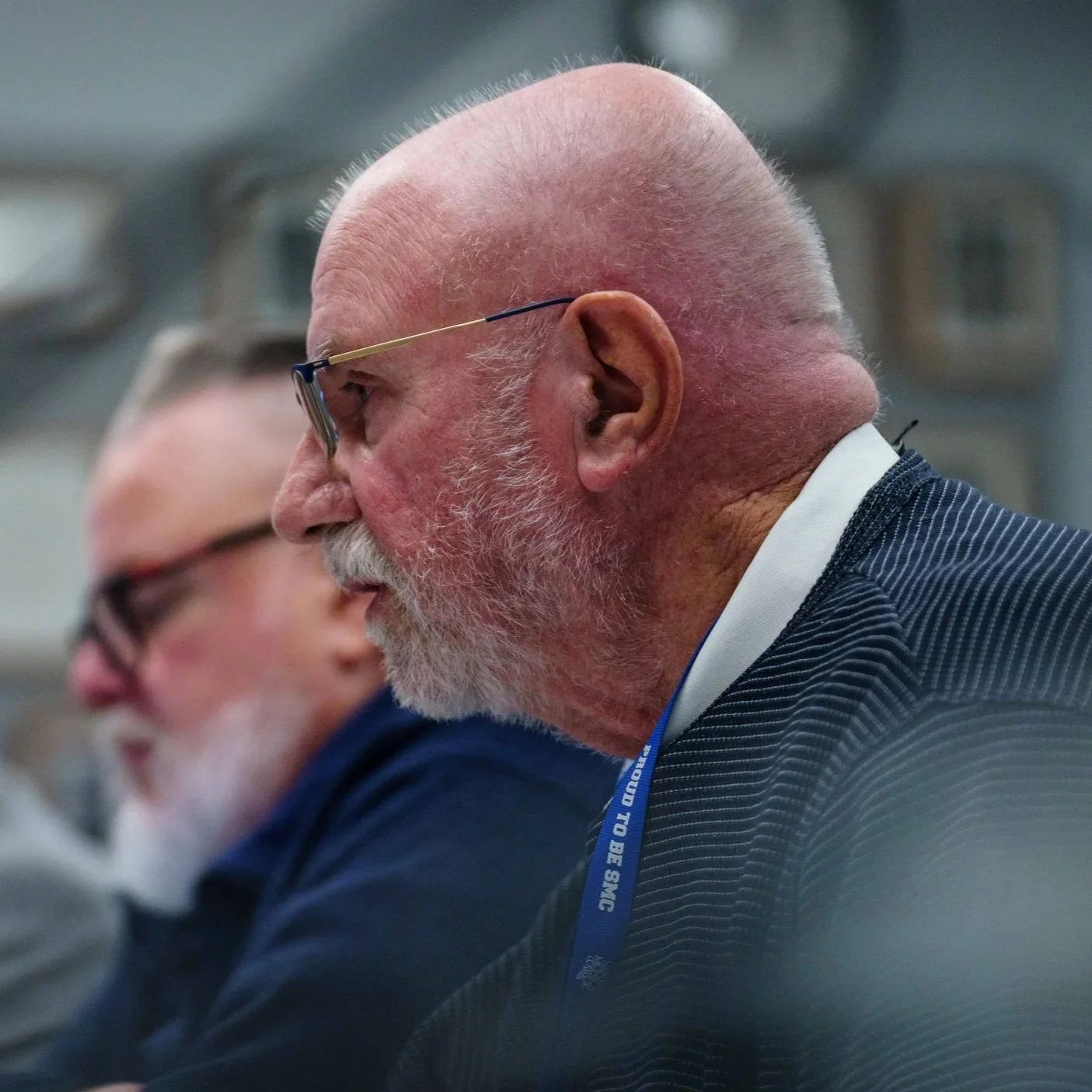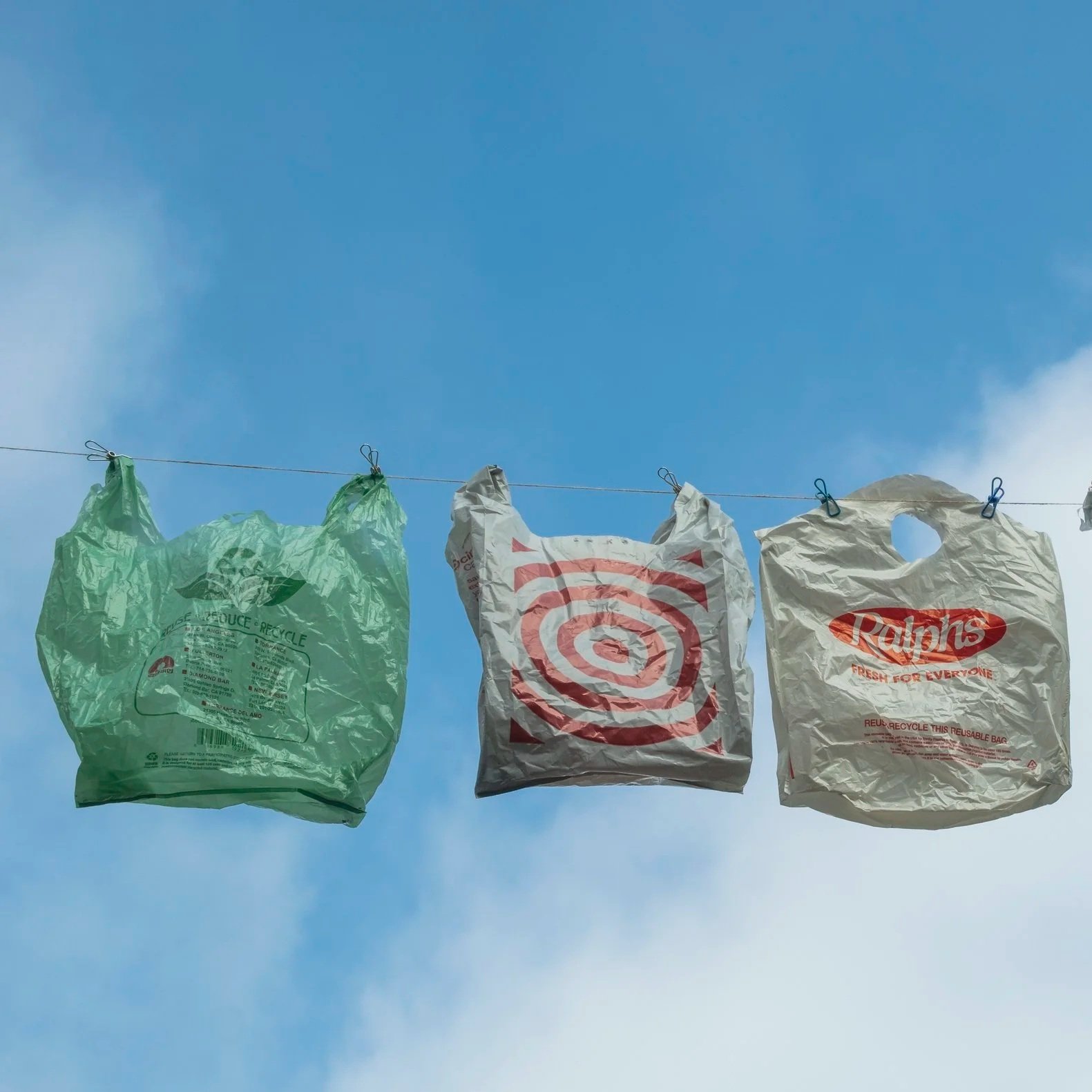UC & CSU Require Vaccine for Fall 2021 Semester
The UC and CSU systems join forces with a plan set to enroll over one million students and employees across 33 major campuses
On April 22, the University of California (UC) and California State University (CSU) schools announced a joint proposed plan that requires students, faculty and staff to be fully vaccinated before returning to campus in the Fall 2021 semester. This plan excludes those with religious or medical exceptions and is contingent upon at least one of the vaccines having full approval from the Food and Drug Administration (FDA).
The FDA currently labels the COVID-19 vaccines under Emergency Use Authorization (EUA). EUA permits the FDA to facilitate unapproved products during public health emergencies to prevent serious and life-threatening diseases and viruses to the public. The UC and CSU’s plan will be implemented once the FDA lifts the EUA and fully approves a vaccine.
California State Northridge campus in Los Angeles, Calif., on May 1, 2021. One of the largest capacity vaccination sites in Los Angeles, it is able to give out 4,000 doses per day. (Maxim Elramsisy | The Corsair)
In December 2020, CSU stated that they plan for "the majority of instruction and activities in fall 2021 to be in-person.” This plan is now reliant on students to get vaccinated and update their immunization documents as necessary.
In the statement released on April 22, the UC system also stated that “physical distancing, mask-wearing, and frequent hand-washing and cleaning, will continue to be crucial for daily campus life.”
Marya Philpott, a student who plans to transfer from SMC and Pierce College to the University of California, Los Angeles (UCLA) this fall, feels safer attending her new campus with the set guidelines in place for the return on-ground.
“If people want to go on campus, they should be prepared to take proper safety precautions for everyone else, so I agree with [the UC and CSU's] decision,” said Philpott. “It also helps me because I have ADD and depression, so getting out of the house really helps when I am trying to learn.”
Madison Fuentes, a student graduating from UCLA this semester, feels confident in the joint decision from the universities. “I definitely think it was a good decision…it’s the right move to ensure the safety for all the students returning,” said Fuentes. “It goes to show the importance of staying educated and continuing to research whatever news comes out about the vaccine, and so far we’ve seen that it’s pretty safe for the majority of the population.”
Neither Fuentes nor Philpott know of any returning students who outwardly oppose the requirement. "All of my friends are either planning on getting vaccinated or have been fully vaccinated,” said Fuentes.
At this point, SMC has not announced whether they intend to require vaccinations before their return on-ground. The most recent announcement, sent out on March 15 from SMC President Dr. Kathryn E. Jeffery advised students to "continue to follow all health and safety guidance…[and] consider getting vaccinated when it is your turn."
Madeline Humphrey, a student from Chapman University taking classes at SMC, feels more secure about returning to the SMC campus with a required vaccination from the college. "It's the step in the right direction for SMC to bring students back on campus, and with the vaccination being mandatory, I would feel more comfortable being a part of that," said Humphrey.
As for the students who are unsure if they would be willing to take the vaccine, Humphrey added, "I think that there are a lot of different reasons to be anxious about it…but for anyone who is concerned about the side effects, it’s a lot better to have a day or two of not feeling great then to obtain [COVID-19] and potentially expose others."
The FDA is expected to amend the EUA to include approval for adolescents aged 12-15 to obtain the Pfizer BioNTech vaccine, showing a 100% efficacy rate amongst the age group. As cases continue to decline, and more people get vaccinated, the potential for full FDA approval becomes more likely. The UC and CSU's plan will go into full effect once this progress continues.











